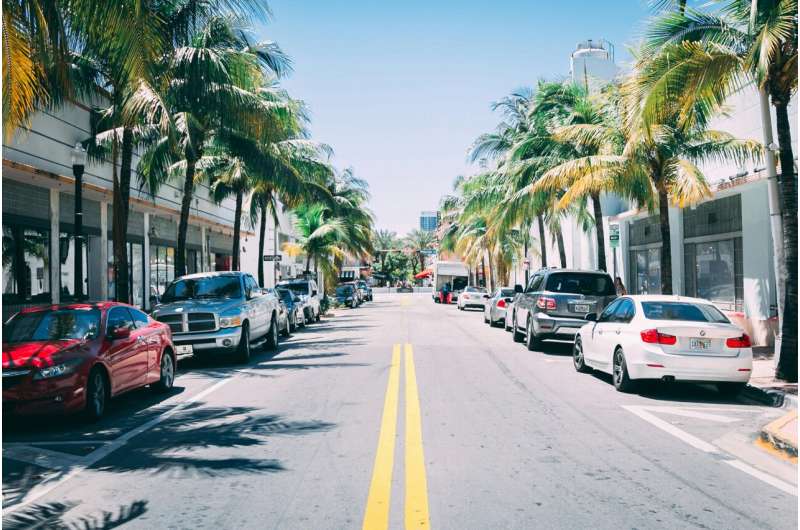Credit: Unsplash/CC0 Public Domain
The U.S. Environmental Protection Agency is set to make a decision this year on a contentious proposal by Mosaic, a Fortune 500 mining company based in Tampa, to use its phosphate waste in road construction.
In a letter dated May 20, the EPA notified Mosaic that it is evaluating the company’s plan to incorporate 1,200 tons of phosphogypsum, a mildly radioactive waste byproduct, into a test road at its New Wales plant in Mulberry. A decision is expected by the end of the year, according to an agency spokesperson cited by the Tampa Bay Times.
Phosphogypsum is a residue from Mosaic’s phosphate mining operations in Bone Valley, Central Florida, used in fertilizer production. It contains radium-226, which emits radiation and can form radon, a radioactive gas linked to cancer, as per the EPA.
Currently, Mosaic stores phosphogypsum in various “gypstacks” across Florida. Initially proposed as a 1,200-foot test road with 500 tons of phosphogypsum, the project was later expanded to 3,200 feet and 1,200 tons following advice from Governor Ron DeSantis’ transportation agency.
DeSantis signed a bill last year allowing the Florida Department of Transportation to explore the use of phosphogypsum in roads, resulting in a report released in April. Critics dubbed the legislation the “radioactive roads” bill, which was supported by Mosaic, including hosting a fundraising event for the bill’s sponsor, Rep. Lawrence McClure, R-Plant City.
In April, the transportation department published its review of the scientific feasibility of using phosphogypsum in Florida roads.
2024-06-07 08:00:03
Original from phys.org
